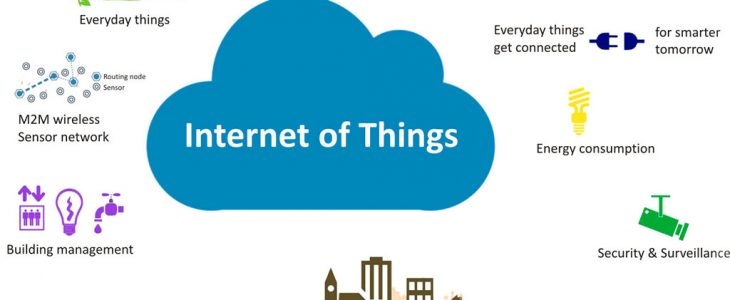
Internet of Things (IoT) is the system of different objects that are connected and accessible through the internet. ‘Thing’ in IoT could be a person with a body monitoring or vehicle automation with built-in-sensors, i.e. objects that are given with an IP address and have the ability to collect and transfer data over a network without human help. The embedded technology in the connected things helps them to interact with the internal or external environment, which can also affect the decisions taken.
Because of the vast availability of different connectivity options, connecting things to the Internet are very much possible. The cost of connecting things to the internet is very less, and many devices are capturing data. All kinds of things are being used in IoT applications including consumer products such as refrigerators, security cameras, and cable set-top boxes; industrial systems such as conveyor belts and manufacturing equipment; and commercial devices such as traffic signals and smart meters. Any device that can be powered on could be part of an IoT application.
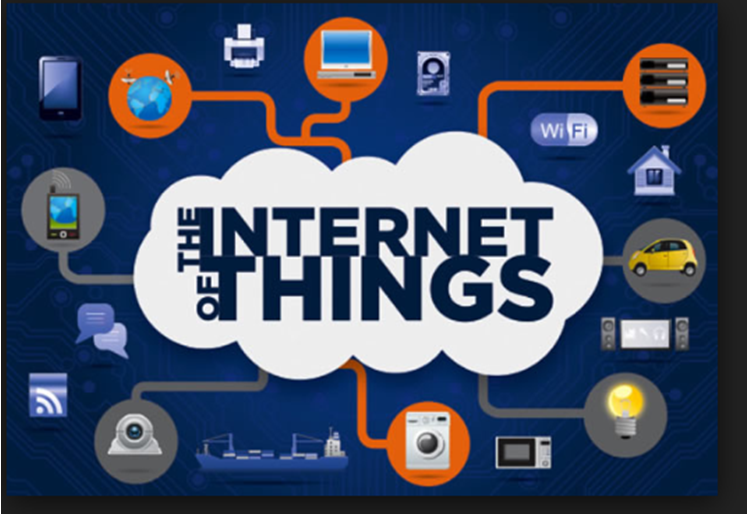
IOT IN HEALTH SECTOR
Incorporating IoT into our lives helps, individuals, businesses, and society on a daily routine. For a human, this new innovation helps in many forms that include health, safety, burden free and everyday routines. The involvement of IoT into the health care system improves incredibly beneficial for both an individual and a society. A chip could be inserted into each individual, that allows hospitals to monitor the vital signs of the patient. Tracking of the vital signs helps in indicating whether or not the serious assessment is needed. Hospitals are struggling to assess and take care of their patients that they are having. By monitoring an individual’s health periodically, will allow them to understand who needs prior attention. The Internet of Things can also assist people with their personal safety.
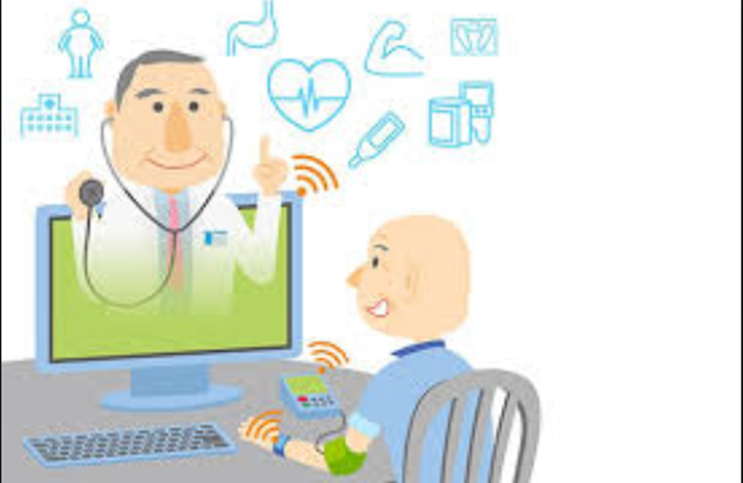
IOT In Smart Home Automation/Monitoring
A smart home is everyone’s dream. An IoT framework plays an inevitable role in developing a smart monitoring system with wireless sensing units and effective data processing units. By using sensors we can collect a large amount of data on household appliances, and perform multiple tasks of IoT for the smart home monitoring system like energy consumption management, interaction with appliances, detecting calamities, home security, and remote management of household facilities. Sensors can also be added in and around a house to warn intruders, or of any of household problems, like plumbing issues, sewage issues etc. Ladies will be happy if, smart appliances will also start to take over the kitchen, in the most helpful and satisfying manner. It may sound very futuristic but I’m sure that it will be coming to your local neighborhood within a few years.
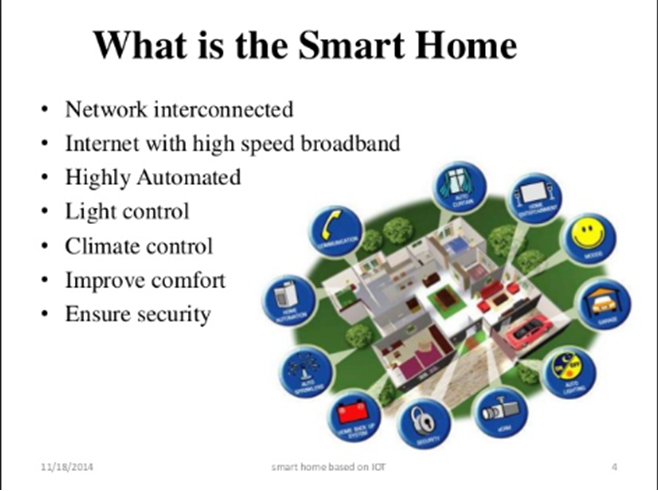
SMART FARMING USING IOT
The Internet of Things (IoT) has the capacity to change the shape of the world we live in. efficient industries, connected cars, and smart cities are all variables of an IoT equation. The application IoT in agriculture have a great impact in the society.
Smart farming based on IoT technology allows the growers and farmers to decrease waste and increase productivity ranging from the number of fertilizers used to the number of travels the farm vehicles have made.
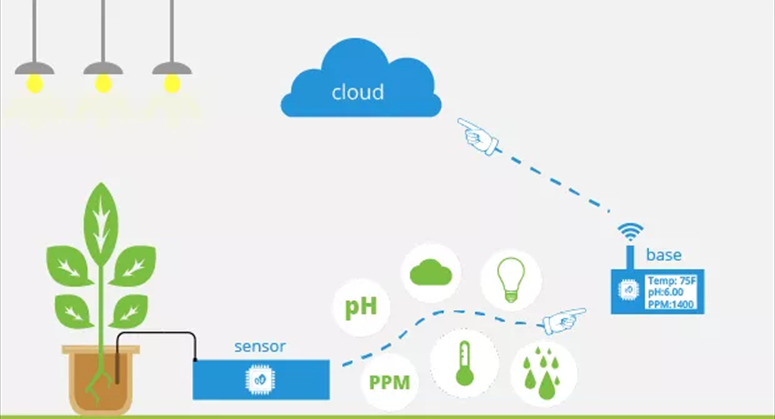
In IoT-based smart farming, a system is built for monitoring the crop field periodically. It is done with the help of different sensors like (light, humidity, temperature, soil moisture, etc.) and automating the irrigation system. The farmers can look after the field conditions from anywhere and at any time. IoT-based smart farming is highly efficient than conventional techniques.
There are courses in embedded training centres in Kochi which provides good kind of information regarding application of IoTs.
